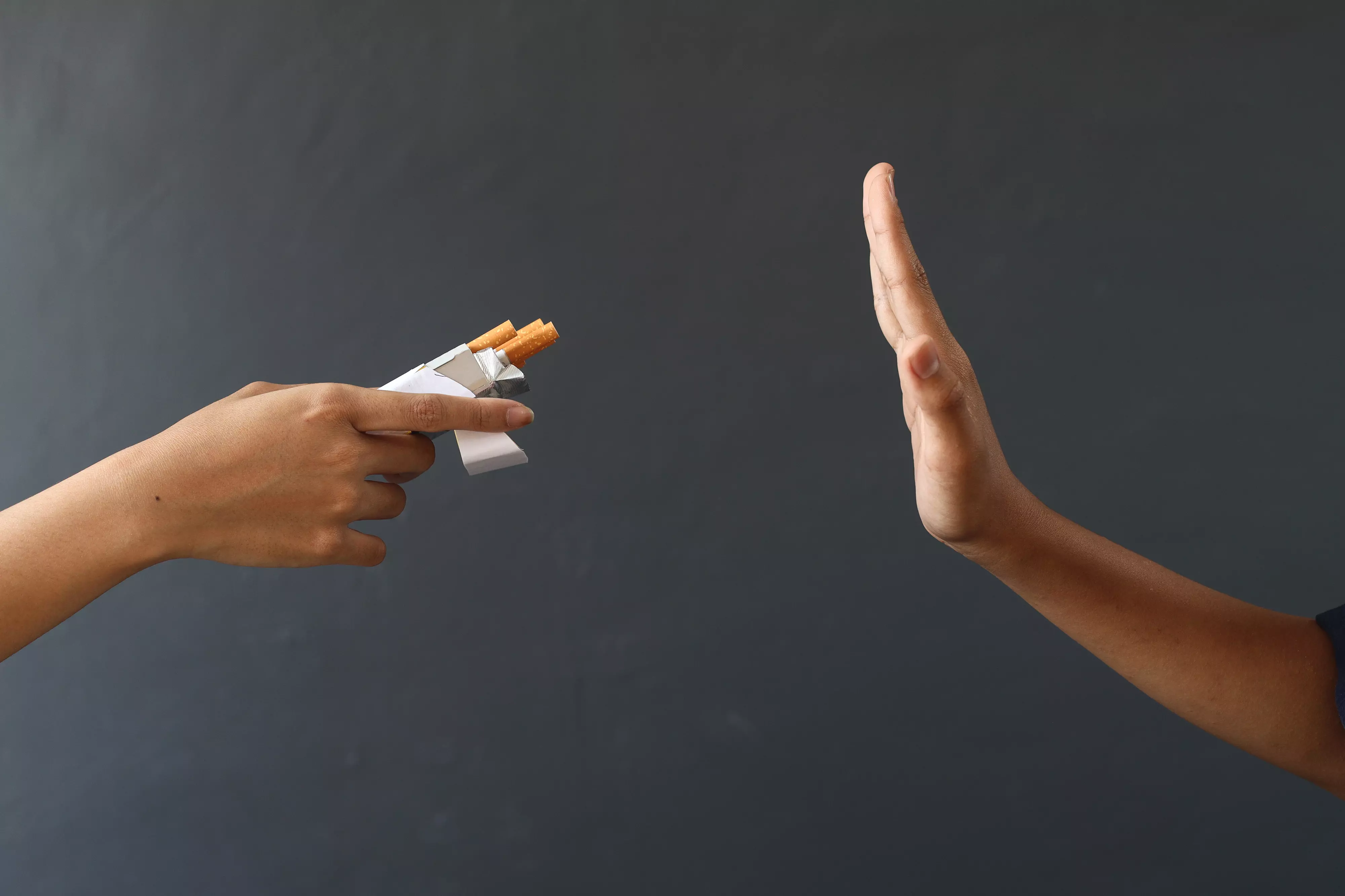The role of educational institutions in the fight against passive smoking
Educational institutions play a key role in shaping young people's attitudes and behavior, so they are an ideal place to take action against secondhand smoke. In this article, we will discuss how schools and other establishments can contribute to the fight against secondhand smoke.
Education on the risks of secondhand smoke
The first step in the fight against secondhand smoke is education about the risks of inhaling tobacco smoke. Learning about the harmful effects of smoking on health should be part of health and biology curricula. This can be done through lessons, presentations, workshops and other educational activities.
Promotion of a smoke-free environment
Educational institutions should promote a smoke-free environment by designating smoke-free areas. Ensuring that school grounds are smoke-free is not only a matter of complying with legislation, but also an important protective measure to reduce exposure to secondhand smoke.

Cooperation with parents
Parents have a huge influence on their children's health behavior, so their involvement is essential in the fight against secondhand smoke. Schools can hold meetings for parents to discuss the dangers of secondhand smoke and strategies on how to prevent it.
Cooperation with public health organizations
Educational institutions can establish cooperation with local public health organizations to conduct anti-smoking campaigns. These organizations can provide educational materials, conduct workshops and help organize events to promote healthy lifestyles.
Promoting positive lifestyles
The fight against secondhand smoke does not end with education about the risks. Schools should also promote positive lifestyles, including healthy eating habits, regular physical activity and stress management techniques. In this way, students will be more likely to avoid smoking and other harmful habits.
Summary
The role of educational institutions in the fight against secondhand smoke cannot be overestimated. By educating about the risks of secondhand smoke, promoting a smoke-free environment, working with parents and public health organizations, and promoting positive lifestyles, schools can help protect young people from the harms of secondhand smoke. Involving the entire school community is key to successfully combating this public health threat.
 smokefreeamericas.org
smokefreeamericas.org smokefreeamericas.org
smokefreeamericas.org